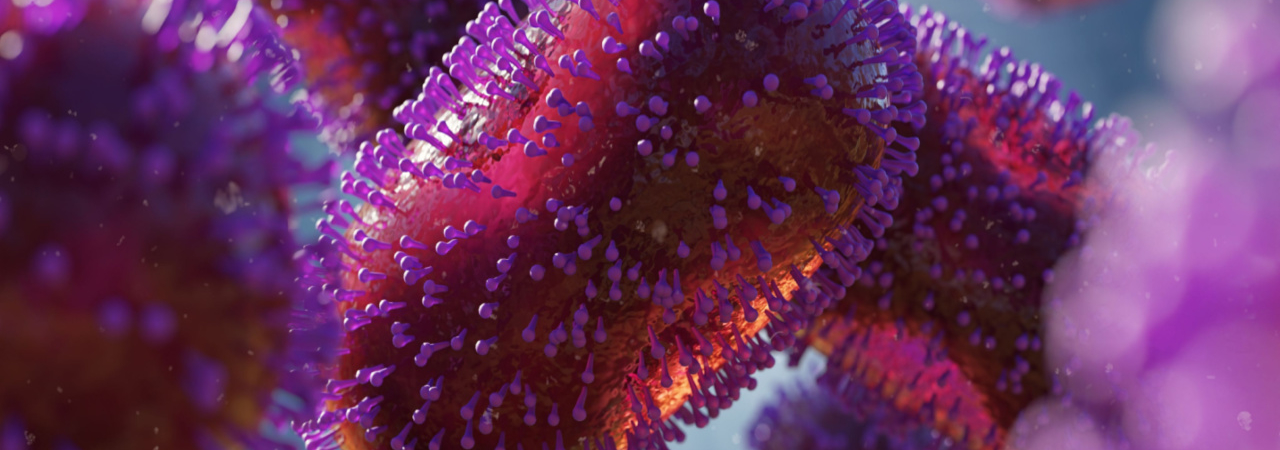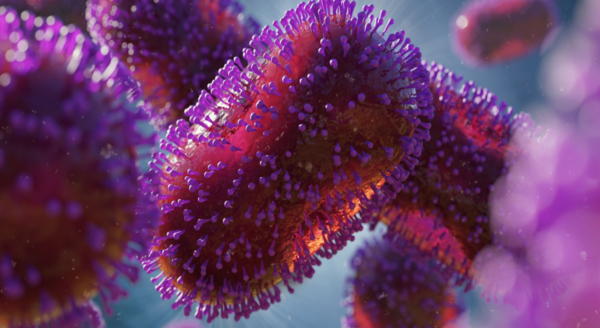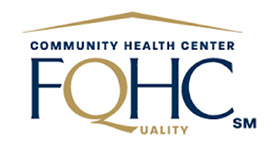AHL in the News, Events, homepage, News, Access Health Louisiana Primary Care at Pythian, Belle Chasse Community Health Center, Kenner Community Health Center, South Broad Community Health Center, St. Bernard Community Health Center, St. Charles Community Health Center – Norco, St. Tammany – Slidell Community Health Center, St. Charles Community Health Center – Luling, Tangipahoa Community Health Center, Washington Community Health Center, Woodworth Community Health Center
MPOX IS SPREADING ACROSS THE WORLD, THE UNITED STATES AND IN LOUISIANA
The new Mpox, previosly known as Monkeypox virus in Africa is now declared a global emergency according to the world Health organization.
Mpox is a virus that originates in wild animals like rodents and primates, and occasionally jumps to people. It belongs to the same virus family as smallpox.
Scientists identified the more infectious form of mpox in Congo, an African country with more than 90% of mpox cases. The country reported 4,500 cases of mpox and nearly 300 deaths since January 2024, according to the World Health Organization.
The illness was first identified by scientists in 1958 when there were two outbreaks of a “pox-like” disease in research monkeys — thus the name monkeypox. The first known human infection was in 1970, in a young boy in a remote part of Congo.
In 2022, a mpox virus outbreak spread to the U.S. From 2022 to 2023, Louisiana reported 329 cases of mpox, according to data from the Centers of Disease Control and Prevention.
While there is no reason to believe this outbreak will become a new pandemic, according to AP, here’s what Louisianans should know about mpox:
Symptoms of mpox can include:
- A painful rash
- Fever
- Headache
- Muscles aches
- Back pain
- Low energy
- Swollen lymph nodes
- Sore throat.
For some, the first symptom of mpox is a rash. The rash begins as a flat sore that develops into a blister, which then becomes painful. These rashes can appear on the face, inside the mouth and on other parts of the body like hands, feet, chest, genitals or anus, according to an mpox fact sheet from WHO.
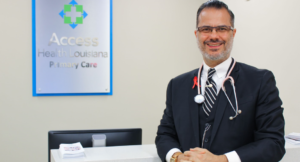
Dr. MarkAlain Dery, an infectious disease physician with Access Health Louisiana, adds that “monkeypox blisters look like pimples and other sexually transmitted infections. It is important that if you develop a new rash, you have it looked at by a provider. We can get you on treatment and prevent further transmission.” Other flu-like symptoms can accompany the rash such as fever, headache, muscle and back aches, swollen lymph nodes, chills, and exhaustion.
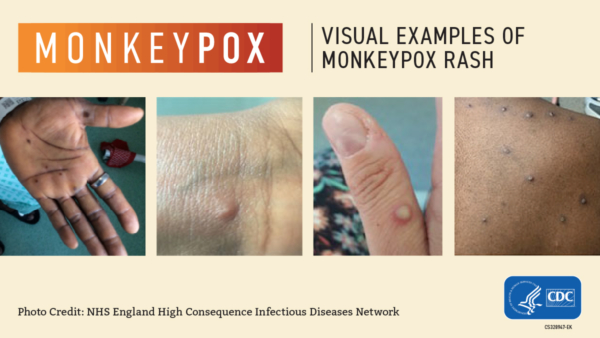
How do you get it? How does it spread?
Mpox spreads in different ways, WHO said. The virus is most often spread through direct contact with a rash or sores of someone who has mpox.
It can also spread through contact with clothing, bedding and other items used by a person with mpox, or from respiratory droplets that can be passed through prolonged face-to-face contact, including kissing, cuddling or sex.
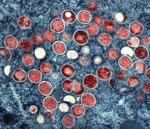
The virus can also spread through hunting, skinning or cooking infected animals.
People who do not have mpox symptoms cannot spread the virus to others.
According to the CDC, early data suggests that gay, bisexual and other men who have sex with men make up a high number of cases. However, anyone who has been in close contact with someone who has mpox is at risk.
Take precautions to avoid contracting monkeypox by avoiding close, skin-to-skin contact with people who have a rash that looks like monkeypox. Do not touch the rash or scabs of someone with monkeypox or kiss, hug, cuddle, or have sex with them.
Learning more about the virus can help you to understand your risk and protect yourself and your family from infection. To find a vaccination site please visit this page. For more information about vaccine eligibility please see below.
For additional information about sexual health and monkeypox please visit the CDC’s page on sexual health here. Avoid sharing utensils or cups with a person with monkey pox along with touching bedding, towels, or clothing of a person with the virus. Wash your hands often or use an alcohol-based hand sanitizer. Common household disinfectants can help sanitize surfaces from monkeypox.
There are two FDA approved vaccines, both of which can be administered after exposure to the virus to prevent infection. “It is important that as cases are rising, we are focusing on prevention,” Dr. Dery commented. “Avoid direct contact with people who may be contagious. If you are in a high-risk group and have had prolonged skin-to-skin exposure with multiple partners, make an appointment to discuss vaccination as post-exposure prophylaxis. Access Health Louisiana has a sliding scale for services, so we can help get you the care you need at a price you can afford.” Official monkeypox vaccination sites can be found at this link. The Louisiana Department of Health has outlined the current eligible groups for vaccination which are broken into two sections. Section one includes people with known exposures or individuals with high risk exposures in the last 14 days. Section two includes gay, bisexual, other (cis or trans) men who have sex with men OR Transgender women and nonbinary persons assigned male at birth who have sex with men and have had intimate or sexual contact with multiple or anonymous partners in last 14 days OR have had intimate or sexual contact with other men in a social or sexual venue in the last 14 days. Additionally, individuals (of any sex/gender identity) who have given or received money or other goods/services in exchange for sex in the last 14 days and individuals (of any sex/gender identity) who have been determined to be at high risk for monkeypox exposure by a healthcare provider or public health official are also eligible.
An important point emphasized by the LDH is that anyone can contract monkeypox and current eligibility criteria are only limited to the above groups because they are most at risk based on the first diagnoses the LDH have seen. However, the criteria will be expanded as additional vaccine becomes available and/or individuals from other groups are diagnosed.
For more info. on Monkeypox, including prevention, treatment and vaccine sites view the CDC’s page found here. For information about Louisiana’s response to monkeypox visit the LDH’s page here.
If you believe you have or have been exposed to monkeypox, please contact your healthcare provider. If you do not have a healthcare provider, you can visit a parish health unit near you. Additionally, you can make a telehealth appointment with Dr. Dery by calling 504-226-2976. Take precautions such as isolating. If you have a rash or other symptoms, stay away from other people and pets in your household if possible.
Dr. Dery Answers Questions About Monkeypox
Doc Griggs discusses precautions to take during the Monkeypox outbreak
